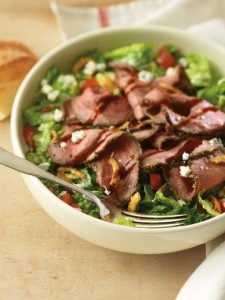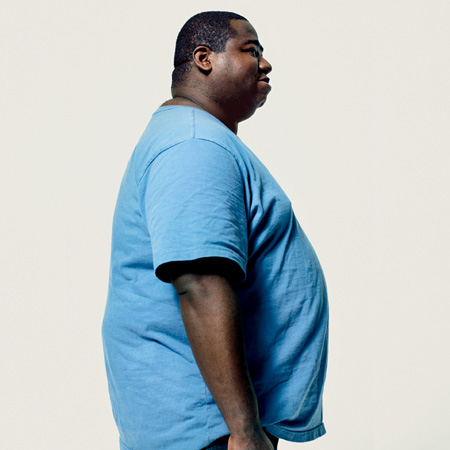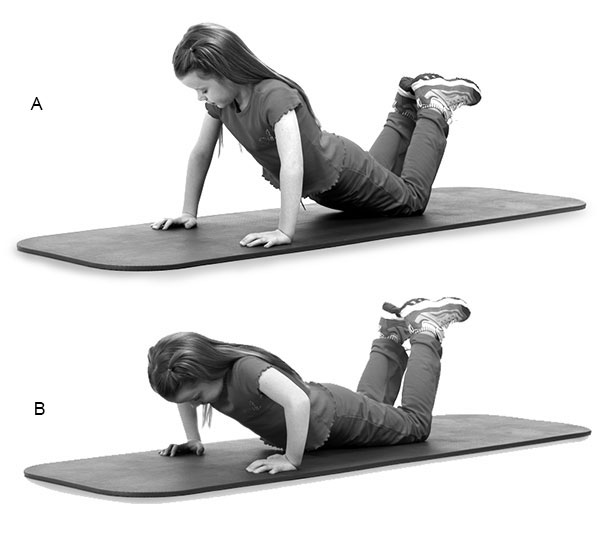(Fork) Size Matters
Stick a big fork in it—your overeating days are done. That’s the surprising new weight-loss advice from the University of Utah.
Researchers gave unsuspecting restaurant diners either small forks or big forks. People who used a little utensil—about the size of a salad fork—took smaller bites, but actually ended up eating significantly more food than those wielding big forks.
“We were surprised considering that when people receive large portion sizes, they tend to eat more,” says study author Arul Mishra, Ph.D.
So why is bigger better when it comes to your utensil? When you sit down to a meal, you generally have one goal in mind: To satisfy your hunger. If you use a small fork, the food doesn’t disappear as quickly from your plate. “Visually, you’re not getting the cue that you’ve consumed a lot of food,” says Mishra. “So you eat more and more.” (Related from Men's Health: Eat Out and Still Lose Weight.)
But when you’re chowing down with a big fork, you can see that you’re making progress toward filling your growling stomach, so you’ll stop eating sooner. The fork effect was less pronounced when diners were served smaller portions, probably because tiny utensils can still make a dent in a modest serving of food.
Another tip: Eat slower to drop extra pounds. Here are four ways to put the brakes on your eating speed. And for extra motivation, see how one man lost 140 pounds—and kept it off!
Have Men's Health News delivered to you daily. Sign up for the FREE Daily Dose newsletter!
-
Weight Loss: Abs Diet Oatmeal Recipes
Secret weapons: Complex carbohydrates and fiber Fights against:&n
-
Abs Diet: Healthy Chicken Dinner
Rotisserie chicken is an amazing thing. Not only does it look imp
-
Benefits of Hummus
A dip that dips down your weight? If you want to be slimmer, weigh les
-
The Mindset You Need to Stop Overeating
Aim small for big success. Setting one simple, specific goal is the be
-
Weight Loss: Abs Diet Workout Worksheet
Like naked bodies, all workouts are not made alike. If youre currently
-
Beach Body Weight Loss Success Story
Meet Tracey FacklerJob: Sales coordinator Home: Hummelstown, Pennsylva
- DON'T MISS
- Diet Str egies: Calories
- Lean Belly Prescription: Fiber:
- The Truth about Raspberry Ketones, Green Coffee Bean Extract, and Garcinia Cambogia
- Food Cravings and Carb Cutting
- Healthy Ice Cream Options
- Why You Drunk Dial Domino’s
- How Words with Friends Can Help You Lose Weight
- The Eating Plan to Burn Fat and Lose Weight
- I Hate Fat People:
- Weight Loss: Fat-Burning Gym Exercises




